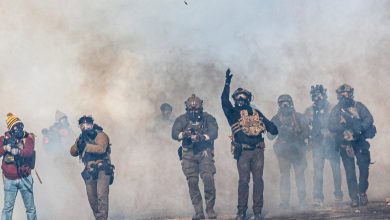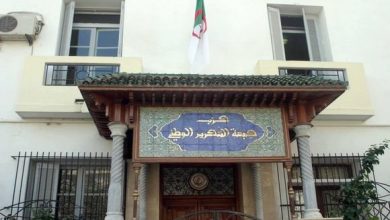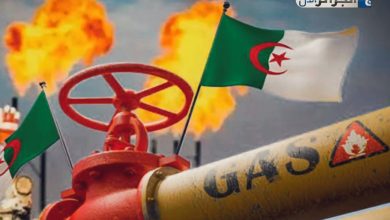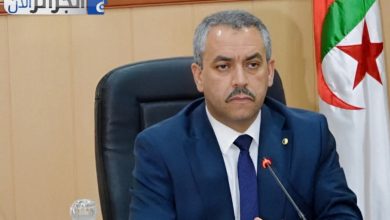New York (United Nations) – On Wednesday, Algeria reiterated its unwavering support for the right of the Sahrawi people to self-determination and for the ongoing efforts of the United Nations to reach a political solution for the Western Sahara issue. This stance was expressed by Algeria’s Permanent Representative to the UN, Amar Benjamaâ, during a right-of-reply response to statements made by the Moroccan delegation.
In response to what he described as “misleading and stale rhetoric” from Morocco’s representative, Benjamaâ emphasized that the Moroccan delegate deliberately avoided mentioning the term “Western Sahara” throughout his speech, despite it being the core issue under discussion during the session of the Fourth Committee, the UN body responsible for decolonization and political matters.
MINURSO and Morocco’s Obstruction of the Referendum Process
Benjamaâ criticized Morocco for refusing to acknowledge the Western Sahara issue and the Sahrawi people’s right to self-determination. “The Moroccan delegate is unable to say the words ‘Western Sahara’ or ‘Sahrawi people,’” he noted, pointing out that both the UN Security Council and the General Assembly established the MINURSO mission (United Nations Mission for the Referendum in Western Sahara) to oversee the identification of eligible voters for a referendum that would allow the people to choose between independence or integration with Morocco.
Benjamaâ also asked a direct question: “Who is obstructing MINURSO’s mission?” He reminded the assembly that the mission’s very name underlines its mandate to organize a referendum, not to perpetuate the status quo.
Algeria’s Support for the UN’s Efforts and De Mistura’s Mediation
The Algerian diplomat reiterated his country’s full support for the UN Secretary-General and his personal envoy, Staffan de Mistura, in their efforts to find a political solution to the conflict in Western Sahara. However, he criticized Morocco’s approach, calling on the Moroccan representative to “consult his country’s official documents, which confirm that Morocco is unwilling to accept any solution to the Sahrawi issue outside of its so-called sovereignty over the territory.”
“This stance,” Benjamaâ lamented, “contradicts everything we work toward here at the United Nations.”
Human Rights Violations in the Occupied Western Sahara
Benjamaâ highlighted the severe human rights abuses committed by Moroccan authorities in the occupied territory of Western Sahara. He referred to documented violations reported by international and African human rights organizations, which were also mentioned in the latest UN Secretary-General Antonio Guterres’s report on Western Sahara.
The violations include:
- Forced disappearances of Sahrawi activists
- Torture of political prisoners
- Arbitrary detentions
- Police brutality and intimidation
- Extrajudicial killings
Benjamaâ also noted that the entire region is under tight military control, preventing even representatives from the UN Human Rights Council and human rights defenders from entering Western Sahara for nearly a decade. “They have visited Morocco,” he said, “but they have never been allowed into Western Sahara.”
Justice for the Sahrawi People and Parallel Solidarity with Palestine
Benjamaâ concluded by asserting that the only way to achieve justice for the people of Western Sahara is by allowing them to freely choose their future through the exercise of their right to self-determination.
In closing, the Algerian diplomat also highlighted Algeria’s commitment to the Palestinian cause, stating, “While our focus today is on Western Sahara, Algeria’s diplomacy is not limited to this issue. We also stand firmly in support of Palestine. I have just returned from a UN Security Council session on Palestine, and I will soon return to continue advocating for the Palestinians’ right to live in peace on their own land. The plight of the Sahrawis and the Palestinians reflects two oppressed peoples and two occupied territories.”
For more on this topic, visit DZWATCH.DZ.
Author: nor-eleslam
Western Sahara, Algeria, self-determination, MINURSO, United Nations, human rights violations, Morocco, Antonio Guterres, Amar Benjamaâ, Palestine, decolonization, Staffan de Mistura




